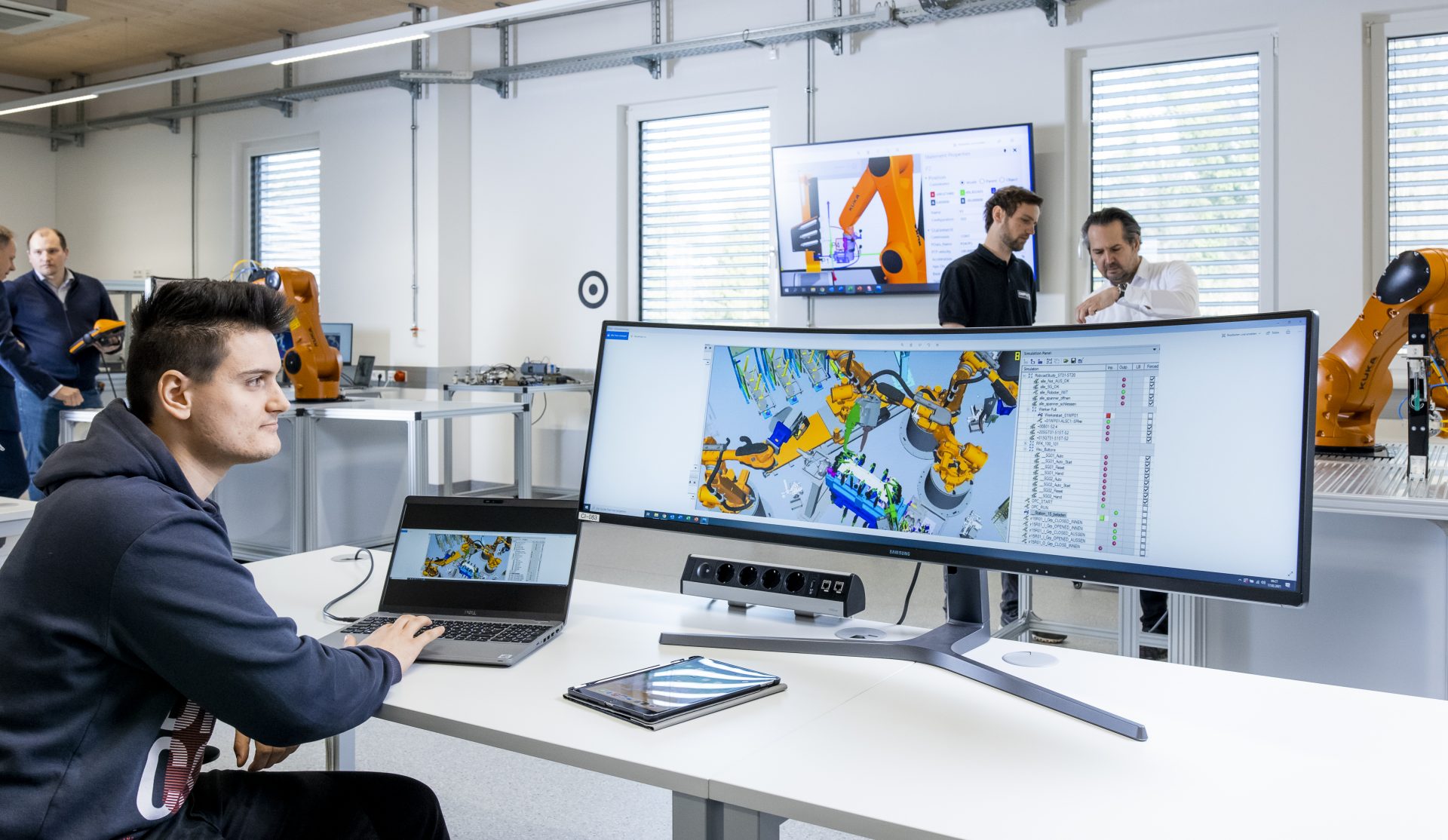
The interdisciplinary bachelor’s degree programme Smart Automation addresses the consistent demand for highly-qualified engineers head-on – even in times of economic uncertainty. We equip you with the skills to thrive in diverse fields, shaping you into a versatile technical expert. After graduation, you are not only sought after by large industrial enterprises but also by smaller, innovative companies with advanced, specialized products. Embrace the future with our bachelor’s degree programme, where you’ll become an agent of technological innovation.
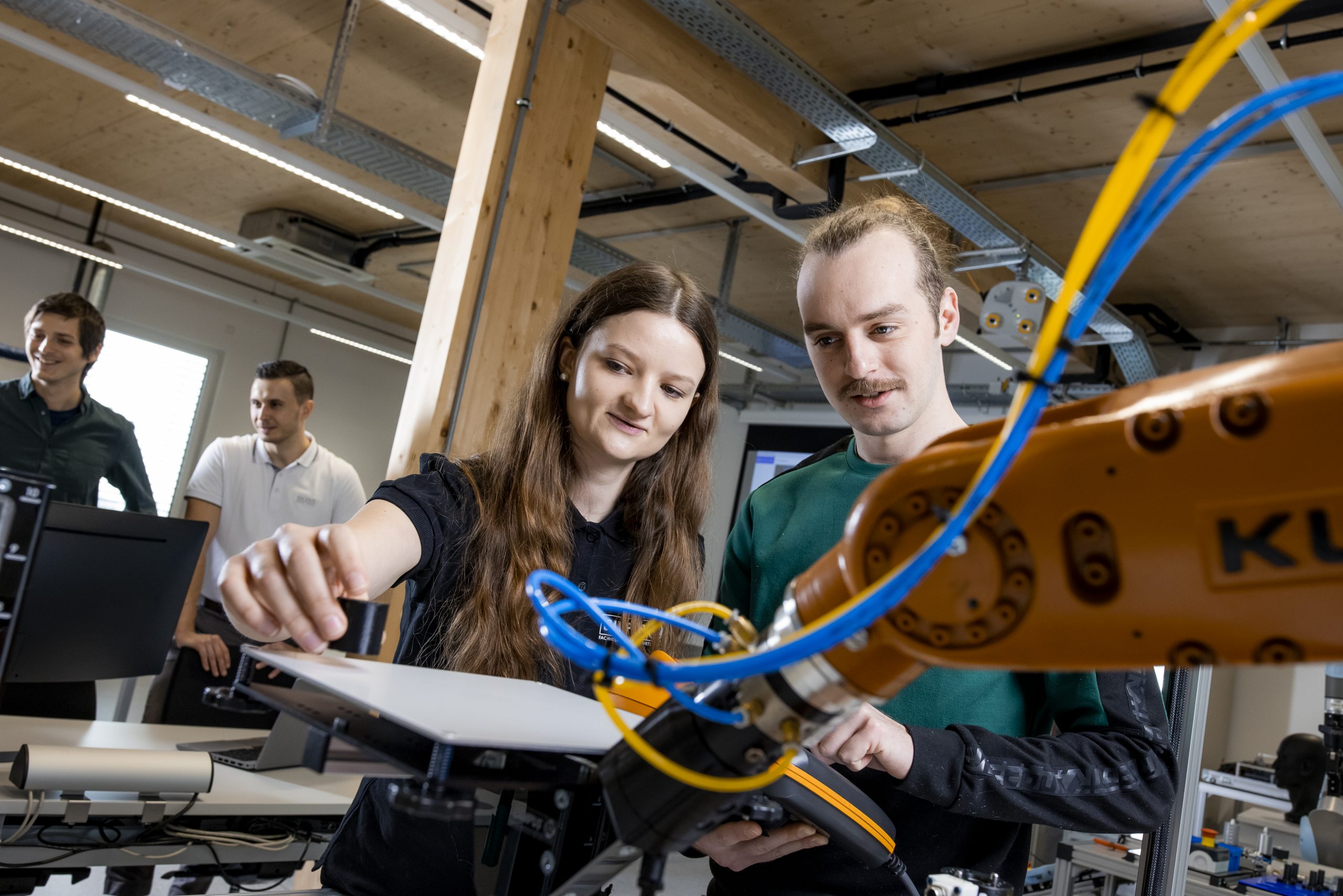
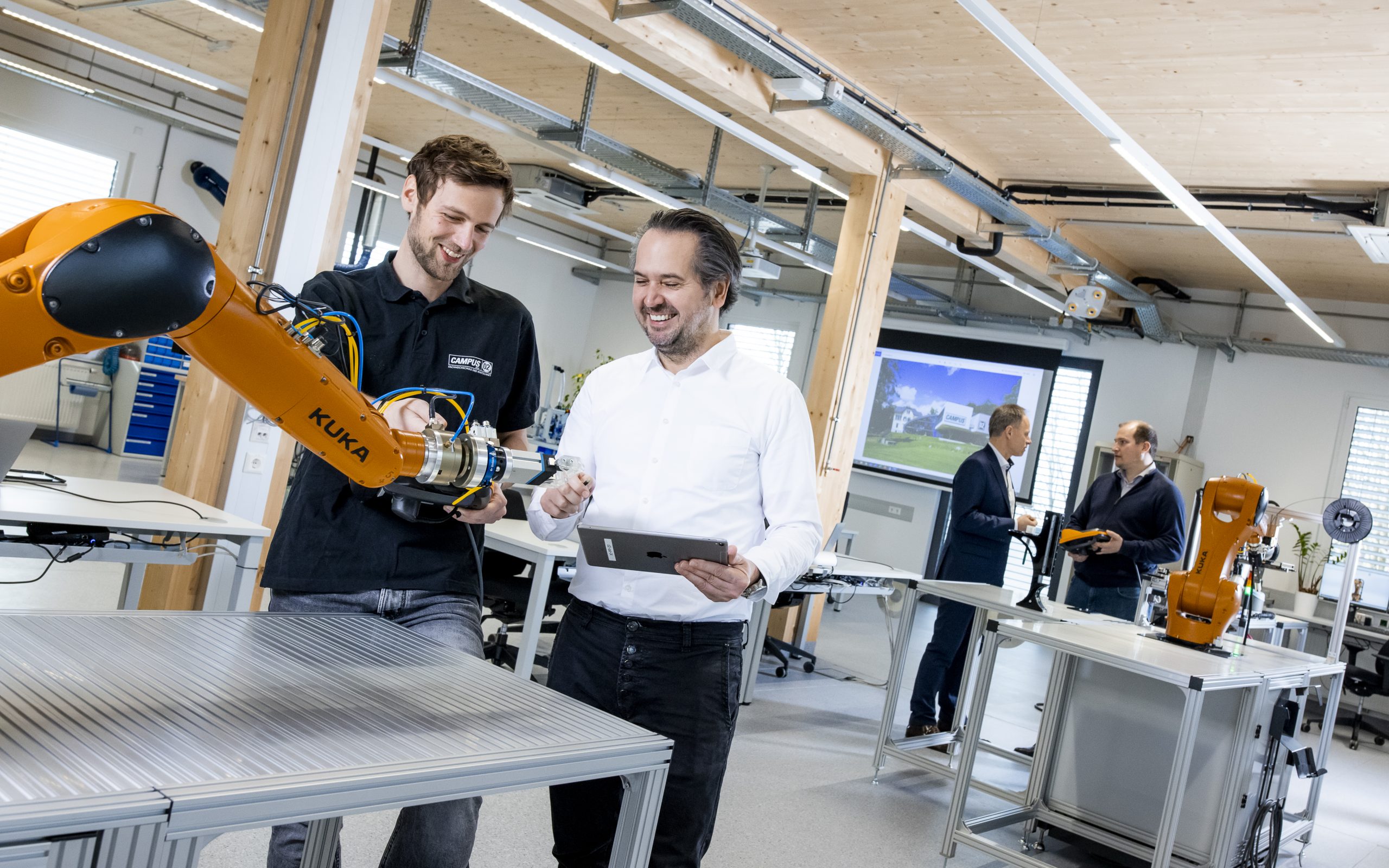
With our bachelor’s degree programme in Smart Automation, you’ll be prepared to excel in various dynamic career avenues. These include product and application development, involving calculations, planning, and manufacturing. You can also enter into system integration and start-up, encompassing both hardware and software aspects, along with programming expertise. For those interested in process optimization, our program offers in-depth training in control engineering. Additionally, you can specialize in instrumentation, gaining skills in data acquisition, preparation, transmission, management, analysis and visualization. Explore testing technology, where you’ll engage in simulation, analysis, and synthesis techniques to enhance product quality. There are also opportunities in testing and quality management, which involve maintenance, service, and repair. If you’re inclined towards technical product management and sales, our program equips you with the necessary knowledge and skills. Lastly, you can venture into production, where you’ll be involved in planning, control, management, and logistics to drive efficiency and success in this dynamic field.
Our comprehensive curriculum covers a spectrum of subjects, including physics, statistics, data analysis, and human-machine interaction, among others. In addition, elective modules will allow you to delve deeper into specialized areas like IT, electronics, and automation technologies. Our program emphasizes core domains such as Electrical Engineering and Circuit Design, Electrical Measurement and Sensors, Electrical Machines, Computer Science, Software Development, PLC and Network Technology, Mobile and Database Solutions, Embedded and Cyber Physical Systems, Control Engineering, Robotics, Security and Safety. Prepare to shape the future by mastering cutting-edge technologies in Smart Automation.
During the 5th semester you have the opportunity to choose one of three elective modules: product, production or process. You will handle this topic for the rest of the semester. This individual selection promotes an individualised qualification with respect to the personal interests and occupational requirements of the students.
The work placement allows students to deepen and consolidate the content learned during their studies, to critically reflect the theory with the company’s reality, and to expand their skills to apply knowledge. The work placement is assigned to the 6th semester of the curriculum and is scheduled for at least 15 weeks. A work placement seminar supports and accompanies students during their work placement.
The collectivity of all experiences from the relevant professional activity and the specific discourse as well as the production of cross-connections between studies and the profession are characterised by an internship. The identification and evaluation of interrelationships as well as reports on experiences from the internship are an obligation for the students.
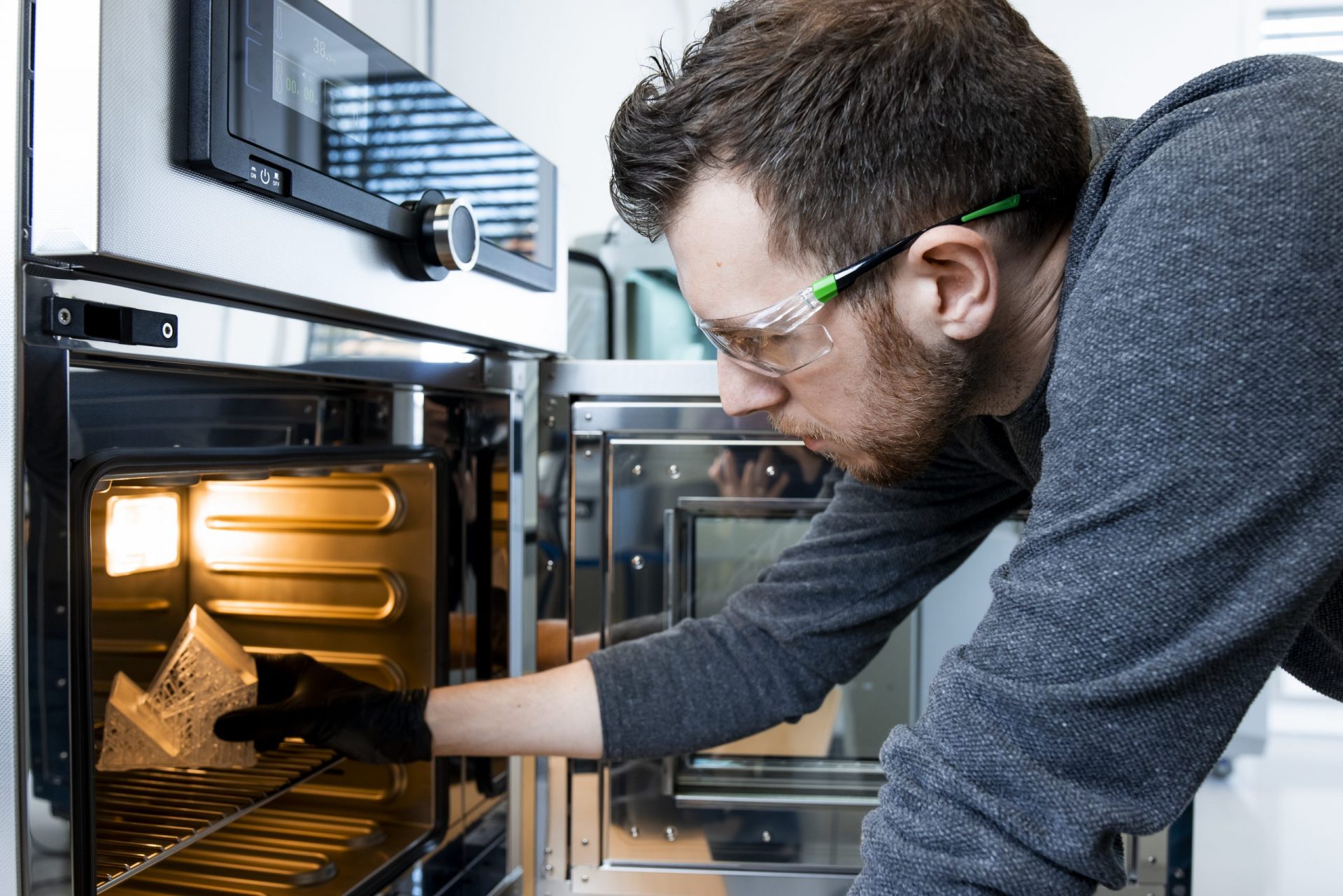

ABSCHLUSS:
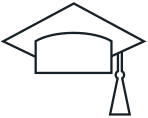
Captains
(Technical experts and managers from the industry) support students as mentors.
Genehmigte Studienplätze
25


Citizens from other countries:
You can find all further information here:
https://en.campus02.at/international-application-admission
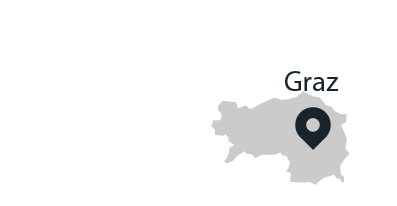
![]()
Students gain specialist knowledge in the fields of IT, electronics and the core areas of automation technology and thereby enable their digitalisation. The studies are completed with skills relating to economics and soft skills.
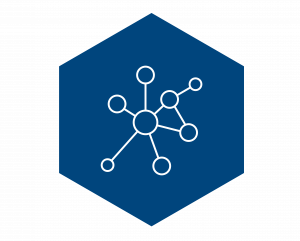 The degree programmes in Automation Technology began as early as 1996 with one of the first degree programmes to be held at CAMPUS 02. Hence, they offer a wide and varied network of companies who support the course with a focus on practical application and enable us to be on the cutting edge of technology.
The degree programmes in Automation Technology began as early as 1996 with one of the first degree programmes to be held at CAMPUS 02. Hence, they offer a wide and varied network of companies who support the course with a focus on practical application and enable us to be on the cutting edge of technology.
Bewerbungsfrist: Deadlines & Dates (EU and EEA nationals): https://www.campus02.at/service-fuer-studieninteressierte/bewerbung-aufnahme/bewerbungsfristen/
Deadlines & Dates for international applications: https://en.campus02.at/international-application-admission/
Your path to a degree programme begins with registration in our campus management system. If you have already studied or have completed your registeration earlier at our UAS, registration is no longer necessary and you can apply directly in C02online.

Lorem ipsum dolor sit amet, consectetuer adipiscing elit. Aenean commodo ligula eget dolor. Aenean massa. Cum sociis natoque penatibus et magnis dis parturient montes, nascetur ridiculus mus.Lorem ipsum dolor sit amet, consectetuer adipiscing elit. Aenean commodo ligula eget dolor. Aenean massa. Cum sociis natoque penatibus et magnis dis parturient montes, nascetur ridiculus mus.
Lorem ipsum dolor sit amet, consectetuer adipiscing elit. Aenean commodo ligula eget dolor. Aenean massa. Cum sociis natoque penatibus et magnis dis parturient montes, nascetur ridiculus mus.
Discover the impressive diversity and outstanding achievements of our graduates! Every year, all master’s and bachelor’s theses are collected in a brochure and presented during the annual Innovation of Automation event in March. Immerse yourself in the fascinating world of research and innovation, driven by our talented students.
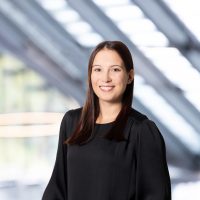
CAMPUS 02 Fachhochschule der Wirtschaft
Department Automation Technology
Körblergasse 126, 8010 Graz